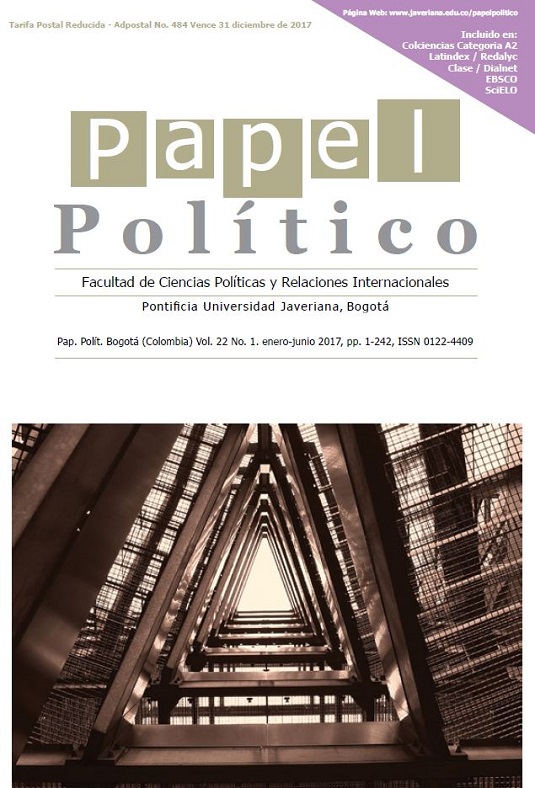Abstract
Jesús trae la Buena Noticia, todos somos hijos de Dios e invita a trabajar en la construcción de su reino. La primitiva Iglesia y la contemporánea consideran que ha de comenzar a construirse aquí y ahora. Dos visiones de política radical-mente opuestas se presentan, la de Aristóteles y la de John Rawls. Ambas buscan con las herramientas políticas construir una sociedad de acuerdo con las premisas establecidas por ellos. Rawls y Aristóteles reflexionan sobre la ética y la política desde la filosofía. En Aristóteles, la dimensión comunitaria forma parte de la naturaleza humana. La felicidad y la virtud son los motores de la acción ciudadana. En Rawls, la sociedad está conformada por personas con intereses muy diferentes, quienes, para conseguir sus propios fines, realizan un contrato social. El cumplimiento del contrato mueve a los ciudadanos a la cooperación para una vida mejor. Es la política la que estructura una sociedad, por lo cual la construcción del Reino requiere hacer uso de las herramientas de la política. Creer en Jesús es construir y estructurar una sociedad que parta de la premisa de que el ser humano es hijo de Dios y de la necesidad de crear las condiciones sociales que posibiliten su desarrollo como tal.
This journal is registered under a Creative Commons Attribution 4.0 International Public License. Thus, this work may be reproduced, distributed, and publicly shared in digital format, as long as the names of the authors and Pontificia Universidad Javeriana are acknowledged. Others are allowed to quote, adapt, transform, auto-archive, republish, and create based on this material, for any purpose (even commercial ones), provided the authorship is duly acknowledged, a link to the original work is provided, and it is specified if changes have been made. Pontificia Universidad Javeriana does not hold the rights of published works and the authors are solely responsible for the contents of their works; they keep the moral, intellectual, privacy, and publicity rights.
Approving the intervention of the work (review, copy-editing, translation, layout) and the following outreach, are granted through an use license and not through an assignment of rights. This means the journal and Pontificia Universidad Javeriana cannot be held responsible for any ethical malpractice by the authors. As a consequence of the protection granted by the use license, the journal is not required to publish recantations or modify information already published, unless the errata stems from the editorial management process. Publishing contents in this journal does not generate royalties for contributors.



